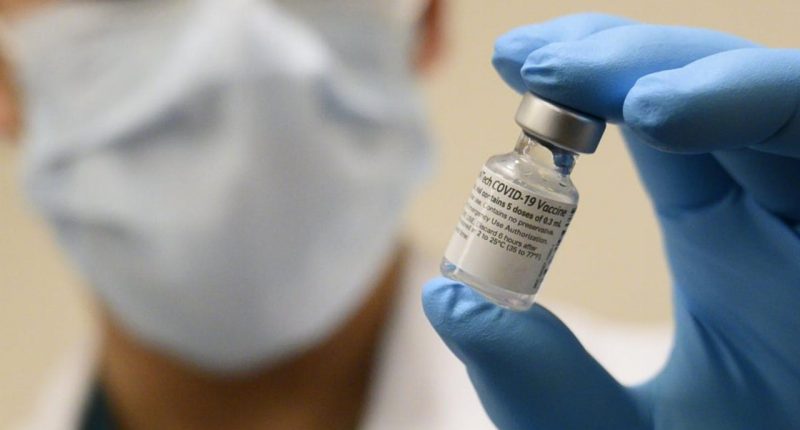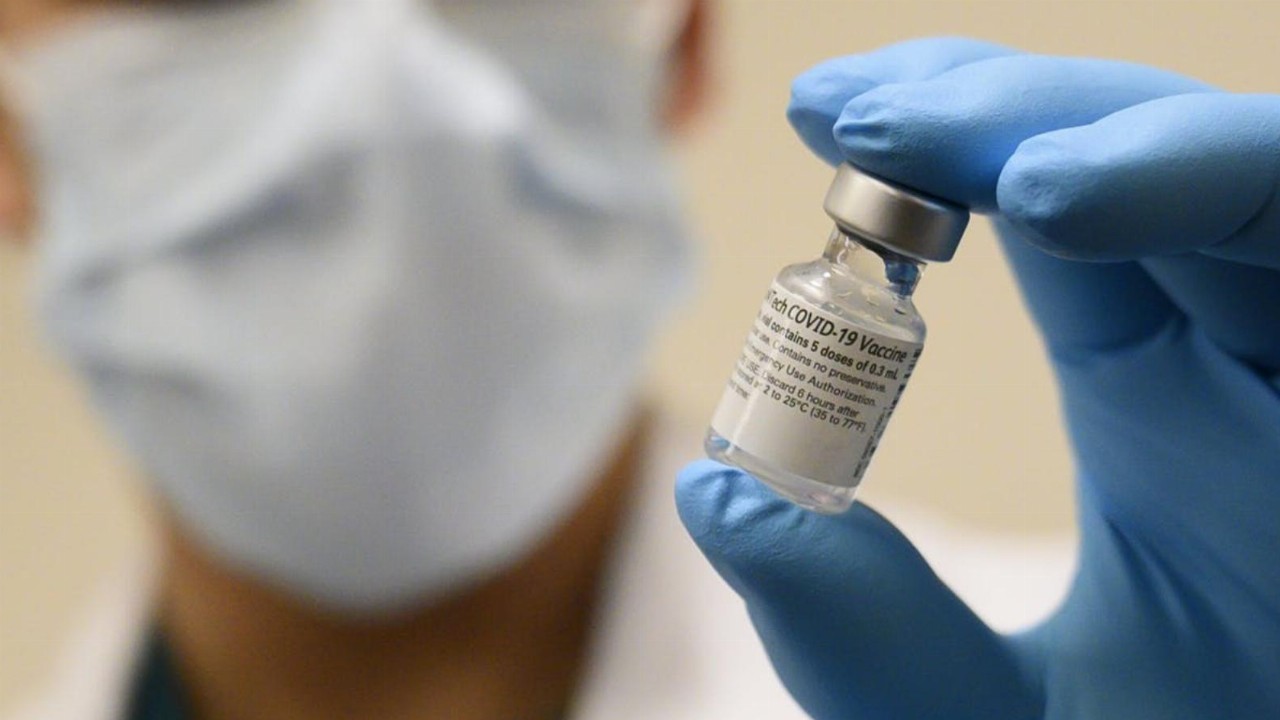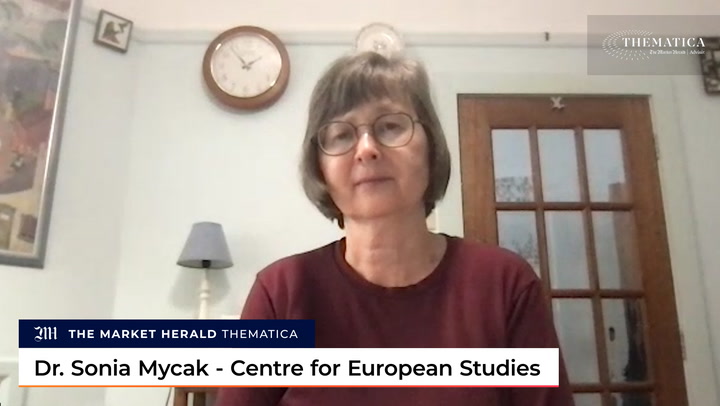- The U.K. government says 38 cases of a new coronavirus variant have been identified which bear a key mutation thought to reduce the effectiveness of vaccines
- Known as B.1.525, the variant hosts the E484K spike protein mutation found in the South African strain and has also been detected in Nigeria, Denmark and Canada
- Britain is in the process of ramping up its vaccine distribution, with current estimates suggesting that all adults could be administered two doses by August or September this year
- So far, 15.6 million people have received the initial dose, while 546,165 have received the second
- Clive Dix, who leads the group that managed Britain’s diversified vaccine procurement strategy, said more vaccines would be approved for use in the “very near future”
The U.K. government says 38 cases of a new coronavirus variant have been identified which bear a key mutation thought to reduce the effectiveness of vaccines.
Known as B.1.525, the variant hosts the E484K spike protein mutation found in the South African strain, which has also been detected in Nigeria, Denmark and Canada, according to Public Health England (PHE).
While it could undermine vaccine efficacy, PHE medical director Yvonne Doyle said in a statement that there is “no evidence that this set of mutations causes more severe illness or increased transmissibility.”
Nevertheless, Simon Clark, an associate professor of cellular microbiology at the University of Reading, said the new variant should be a cause for concern.
“We don’t yet know how well this [new] variant will spread, but if it is successful it can be presumed that immunity from any vaccine or previous infection will be blunted,” he added.
The U.K. is in the process of ramping up its vaccine distribution, with current estimates suggesting that all adults could be administered two doses by August or September this year.
So far, 15.6 million people have received the initial dose, while 546,165 have received the second, making it the fastest rollout per capita of any large country to date.
Clive Dix, who leads the group that managed Britain’s diversified vaccine procurement strategy, said more vaccines would be approved for use in the “very near future” as a backstop for any production issues that might affect current suppliers AstraZeneca and Pfizer.
“We’ve got to deliver just over 100 million doses of vaccine and I believe we should be able to do that,” he continued.








